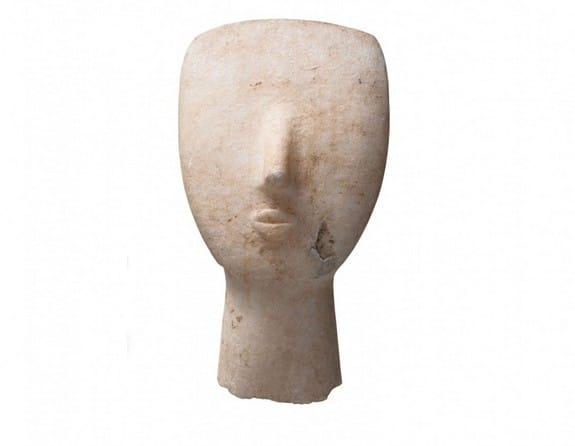One more pair of nicknames, that is, words that have a similar form but not the same meaning, will concern us in today's article.
These are the essentials seat and figurine, which due to their similar pronunciation are often confused, although they have different origins and different semantic content.
First, the seat is type ή type of seat found mainly in public places: parliament seats, theater seats, government seats, ministerial seats, tiered seats.
Synonyms of seat are seat, the bearing and margin.
An established expression in the modern Greek language is seat of the accused, ie the position in which the accused sits during a trial.
This phrase is also used consecutively, in order to state the position and situation of the accused: "The leader of the opposition stated that those responsible for the mismanagement will be taken to the seat of the accused".
The chair corresponds to the ancient Greek language as bench, a word denoting the seat, seat, residence, habitat and (on ships) the rowers' seat.
It is worth noting that the seat, the manner (noun of ancient Greek which meant the seat, the seat, the position, the throne, the foundation, the residence), the seat and bearing are all omorriza (root ed-), and are etymologically related to the verb i live (I sit) of ancient Greek.
Secondly, the figurine, diminutive of the noun idol (idol in the ancient Greek language), is the small statue, the statuette, the statuette: Cycladic figurines, anthropomorphic figurines, cross-shaped figurines, marble figurine of a male seated figure.
In Dictionary of the Modern Greek Language of Georgiou Babinioti the figurine is defined as follows: a small model, which renders in a specific or abstract way the form (human, animal, plant or object), made of various materials (stone, clay, wood, bone, ivory, metal, etc.) .
In the ancient Greek language the idol, derivative of the noun είδος (form), meant the dummy, the form, the image, the meaning, the idea, the vision.
From the above it is understood that the two under consideration essentially, a chair and a figurine, are merely phonological nicknames, that is, words that have a phonetic similarity, but have neither a common origin nor a semantic relevance.
